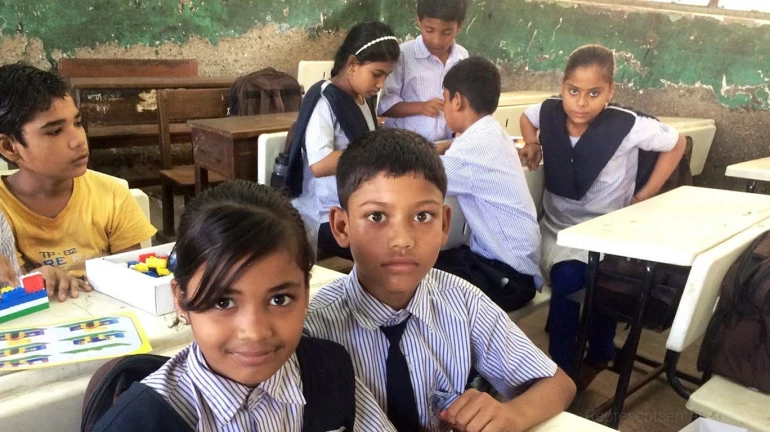
The Maharashtra government announced a plan to allow private parties to adopt state-run schools. The goal will be to improve school infrastructure. This decision was made public through a government resolution (GR) on Monday, September 18.
Under this programme, corporations will be responsible for enhancing facilities and amenities at specific schools over a period of five or ten years. The adopted schools may even bear the names of their corporate sponsors. But the donor cannot interfere in the management, administration, control, and functioning of the school.
The education department's plan was approved by the Finance Minister and Deputy Chief Minister of state, Ajit Pawar, on September 12 and by the cabinet on September 15. The GR reveals that about 62,000 government institutions serve the state's 50 lakh children.
To implement this plan, the government intends to form committees at the state and local levels. The state education commissioner will chair the state-level committee. The head of local administration will chair the local-level committee.
The GR further specifies that businesses are expected to contribute infrastructure worth INR 2 crore over five years and INR 3 crore over ten years in the Class A schools of the municipal area. This reduces to INR 1 crore over five years and INR 2 crore over ten years for Class B schools. For class D schools, they will contribute INR 50 lakh over five years and INR 1 crore over ten years.
Objectives of the Adopted School Scheme
The GR released by the department of school education and sports mentions five main objectives of the scheme. They are:
1) Arrangements for the repair, maintenance, and painting of school buildings to develop
2) To help raise the quality and standard of the education system in Maharashtra.
3) To spread education far and wide by increasing student enrollment.
4) Alignment of necessary resources for widespread dissemination of quality education
5) Health, hygiene, use of modern technology, sports, and quality education
Opposition from Public Education Advocates
Expressing concerns about the plan, public education advocates argued that there is no guarantee that businesses will continue to comply with laws once they establish schools in welfare states. They say that this is a step towards privatisation and could lead to the destruction of the state's public school system.
Intrestingly, the GR does include a termination clause allowing corporations to end adoption with six months' notice, provided it doesn't disrupt an academic year. Despite these assurances, opposition from teachers, parents, students, public education advocates, and politically aware residents continues to grow. They are demanding an immediate reversal of this decision.
Functions of the Coordination Committee
A coordination committee meeting will be held at least once every three months. In the case of the State Level Co-ordination Committee, this responsibility rests with the Commissioner (Education), and in the case of the Zonal Co-ordination Committee, this responsibility rests with the Commissioner, Municipal Corporation, District Magistrate, and Chief Executive Officer, Zilla Parishad, on a case-by-case basis.
The committee will accept or reject the proposals after thoroughly analysing them. It will decide on administrative and technical aspects of the scheme. It will also determine the terms and conditions of the contract to be executed in accordance with accepted proposals, taking into account general standards.
It will also take the necessary measures to publicise the scheme widely so that more donors participate in the school adoption scheme. Heads of Zonal Co-ordination Committee responsible officers as well as the administration of the respective school shall conduct advertisements in local newspapers, billboards, effective social media campaigns, etc. It will be necessary to give adequate publicity to the scheme by following the route.





